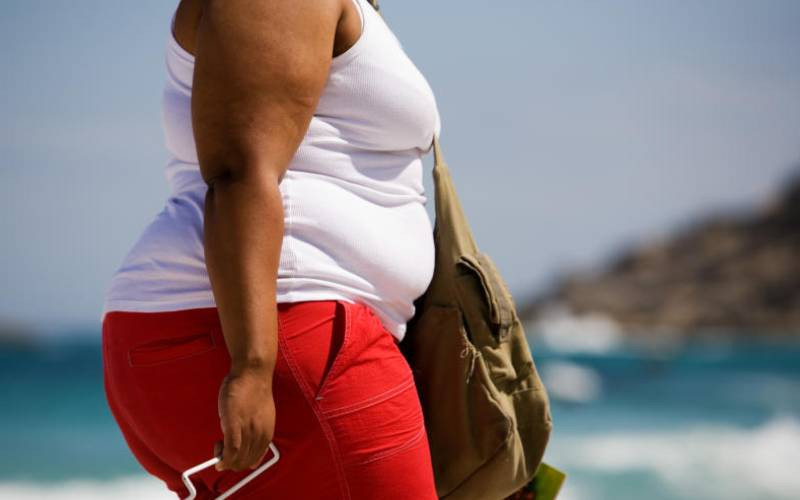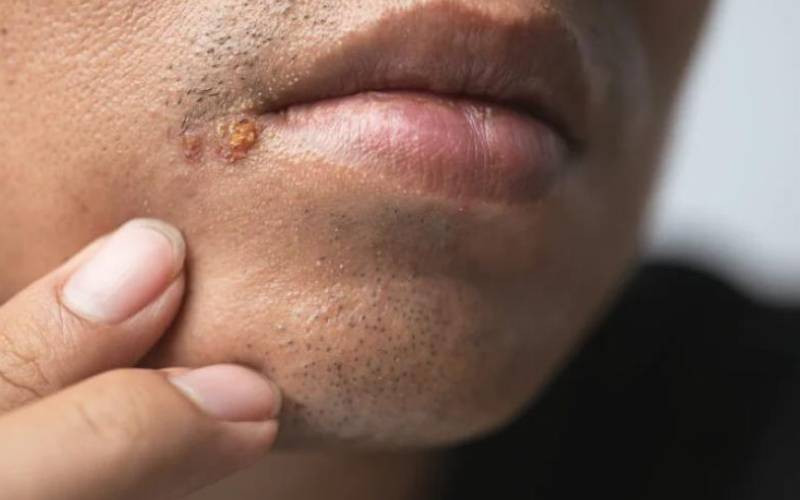
Bad breath and halitosis can be a huge turn-off and with Valentine's Day on the way, what better time to give your mouth an MOT?
WHAT IS IT?
Bad breath and halitosis are pretty much the same thing, although the term halitosis is used to describe much more serious cases of bad breath.
“Halitosis is chronic bad breath and may also include gum problems and dry mouth,” explains Dr Harold Katz, a world-renowned expert on bad breath and halitosis.
“Bad breath is caused by sulphur-producing bacteria that live on our tongues, and in the throat and tonsils.
"Without oxygen these bacteria produce what are known as volatile sulphur compounds, which are responsible for bad breath.”
WHAT CAUSES IT?
1.Morning breath
If your morning breath is enough to clear an entire room, you’re not alone. At night, our salivary glands become less active, because they’re programmed to work most efficiently during the day, when we’re more likely to be eating.
Morning breath is something that most people suffer from, but it’s usually only temporary and nothing that a quick brush of our teeth and a rinse with mouthwash won’t fix.
Food
While it is common knowledge that a spicy curry is hardly going to leave your breath smelling of roses, it’s not just the strong flavours that are to blame.
Onions, curry and garlic contain sulphurous compounds, which contribute to bad breath.
A diet rich in dairy products can also cause bad breath because the bacteria in our mouths creates odour by breaking down proteins and extracting sulphur from them.
2. Crash dieting
We all know that crash dieting is bad for our health, but what many people don’t realise is that it’s also bad for our breath.
When you diet, your body is more likely to burn stored fats for fuel rather than carbohydrates. As the fat burns, chemicals called ketones are released through the breath.
The bad news is that if your diet is the reason for your bad breath, no amount of flossing or brushing will help. Instead, avoid diets that require you to drastically cut down on carbohydrates.
3. Sugar
Too many sweets won’t just rot your teeth – they can contribute to bad breath, too. The reason is that the bacteria responsible for bad breath feeds on sugar and allows them to reproduce more quickly.
4. Medicine
If the inside of your mouth regularly feels like the Sahara desert, it might be worth taking a peek at what’s inside your medicine cabinet.
More than 75% of medications list a dry mouth as a possible side effect. “The medication groups most likely to do this include antihistamines, antidepressants and high blood pressure drugs,” explains Dr Katz.
5.Smoking
It shouldn’t come as a surprise that cigarettes will make your breath smell, but it’s not just the scent of tobacco that’s to blame.
We’ve already established that a lack of saliva can lead to bad breath and smoking quickly dries out the mouth, creating the right breeding ground for the bacteria that produces those nasty odours.
6. Medical causes
Bad breath isn’t just a sign that you’ve been skimping on the dental floss – it’s often a clue to an underlying issue. Persistent bad breath can be a sign of diabetes and sinusitis. If you’ve got a blocked nose, it’s vital you flush out excess mucus from the nasal passages, otherwise it can become stagnant and cause infections, which can all lead to bad breath.
HOW TO WAVE GOODBYE TO WHIFFY BREATH
1. Dental floss
Use a piece of floss about 18 inches long so you can use a clean segment as you move from tooth to tooth. Gently slide the floss between the teeth in a zigzag motion, being careful not to let it “pop” between teeth.
2. Breath spray
Breath sprays won’t usually treat the cause of bad breath but they can offer a quick fix. Look for ones that contain natural ingredients like lemon or eucalyptus, and avoid any with sugar. Dr Katz says: “When using a breath spray, make sure it reaches into the throat, because this is where bad breath can start.”
3. Mouthwash
Mouthwashes freshen breath and, depending on ingredients, control plaque and gum disease. Avoid ones with alcohol as they dry out the mouth.
4. Toothbrushes
Softly, softly is the name of the game in brushing. Dr Katz advises: “Never use hard bristles. They are much too tough for tooth enamel and gums, and will wear away precious natural tissue.” Spend two minutes brushing your teeth. Use a stopwatch if you need to.
5. Toothpaste
Toothpastes today do everything from reducing staining to treating sensitivity. If you are confused about which to use, your dentist can point you in t
 The Standard Group Plc is a multi-media organization with investments in media platforms spanning newspaper print
operations, television, radio broadcasting, digital and online services. The Standard Group is recognized as a
leading multi-media house in Kenya with a key influence in matters of national and international interest.
The Standard Group Plc is a multi-media organization with investments in media platforms spanning newspaper print
operations, television, radio broadcasting, digital and online services. The Standard Group is recognized as a
leading multi-media house in Kenya with a key influence in matters of national and international interest.










